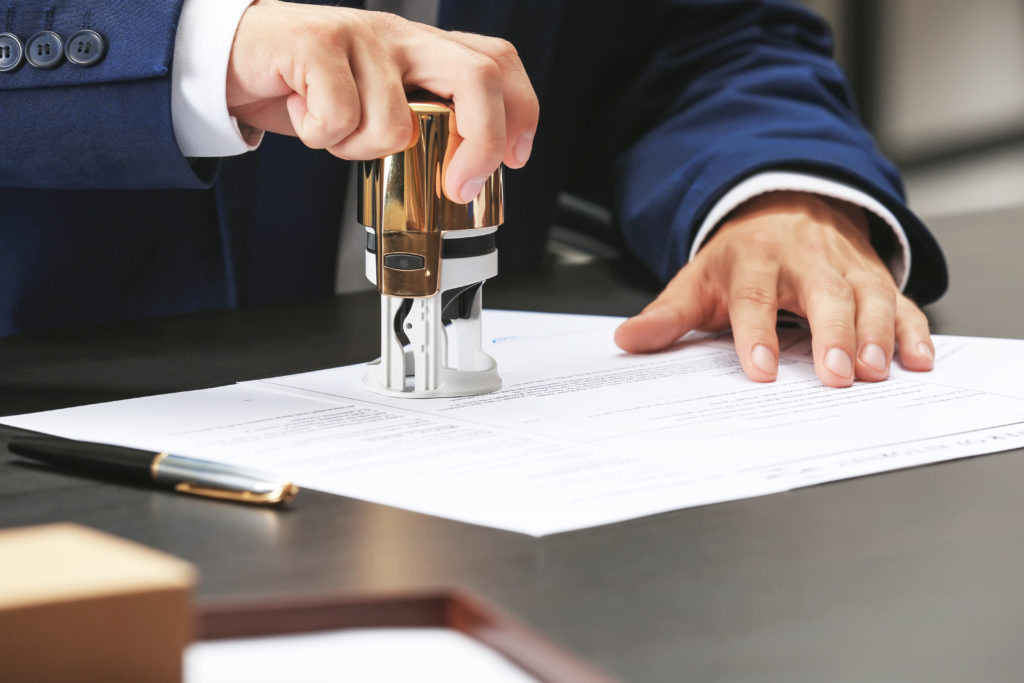Demystifying Notarial Job: Streamlining the Function and Relevance of Notaries
Their role, frequently shrouded in secret for lots of, carries considerable weight in guaranteeing the legitimacy and stability of crucial papers. By untangling the complexities shedding and bordering notarial practices light on the value of their acts, a more clear understanding emerges of the crucial duty notaries play in promoting the material of legal and contractual agreements.
The Background of Notarial Job
Just how did notarial work develop gradually to become an essential part of lawful and service purchases? The background of notarial work go back to ancient people, where scribes played an essential role in taping essential info and verifying records. As cultures proceeded, the need for a much more formalized system to make sure the validity of arrangements developed. This caused the development of notaries, individuals selected by the state to work as unbiased witnesses in legal matters.
During the Middle Ages, notaries got importance in Europe, with their functions expanding to include composing legal papers, certifying signatures, and preserving records. The increase of international trade better highlighted the significance of notarial operate in validating agreements and arrangements throughout boundaries.
In the modern-day era, notaries continue to play a vital role in legal and organization purchases by validating identities, verifying the credibility of documents, and protecting against fraudulence. Their function in accrediting the validity of contracts includes a layer of safety and depend the ever-evolving landscape of commerce and legislation.

Obligations and Responsibilities of Notaries
Notaries play an important duty in confirming the credibility of documents and the identity of signatories. One of their main duties is to witness the finalizing of essential documents, such as wills, acts, and contracts, to make sure that all parties are entering right into contracts purposefully and voluntarily.
Additionally, notaries are tasked with carrying out affirmations and vows, which are important in lawful proceedings and the implementation of testimonies. They license copies of original papers, providing assurance to institutions that the duplicates are true replicas of the originals. Notaries have to maintain exact records of all deals they look after to ensure openness and liability. In general, the obligations and responsibilities of notaries are vital in securing the stability and legality of numerous documents and deals.
Notarial Certificates and Signatures
Exhibiting thorough interest to information, notarial certificates and signatures offer as important elements in confirming the credibility of lawful documents. Notarial certifications commonly have essential info such as the date of registration, the names of the signatories, a more info here description of the file, and the notary's official seal. These certifications offer a clear record of the notarial act, making sure that the record can be quickly identified and traced back to the notary that looked after the process.
Signatures play an essential role in notarial work, as they symbolize the agreement and permission of the events included. Notaries meticulously witness the signing of records to validate the identification of the signatures and verify that they are authorizing of their own totally free will. By affixing their main seal and trademark to the document, notaries certify that the essential treatments have been adhered to and that the record is valid and enforceable.
Essentially, notarial certificates and signatures are the hallmark of credibility in lawful purchases, offering guarantee to all events involved that the records are genuine and binding.
Relevance of Notarial Acts

Notarization Process Discussed
The registration procedure commonly begins with the individual presenting the record to a notary public. As soon as the identity is verified, the notary makes certain that the private signing the record does so voluntarily and without any type of coercion.

Final Thought

Notarial certificates generally contain important details such as the day of registration, the names of the signatures, a description of the paper, and the notary's main seal. These certifications provide a clear document of the notarial act, making certain that the paper can be quickly determined and traced back to the notary who managed the procedure.
By attaching their main seal and trademark to the record, notaries certify that the needed treatments have actually been adhered to and that the record is legitimate and enforceable.
By verifying the identification of the signatures, validating their desire to get in into the agreement, and licensing the day and area of the finalizing, notaries play an important function in promoting the validity of lawful records.After the record is authorized, the notary will certainly fasten their main seal or stamp onto the paper.